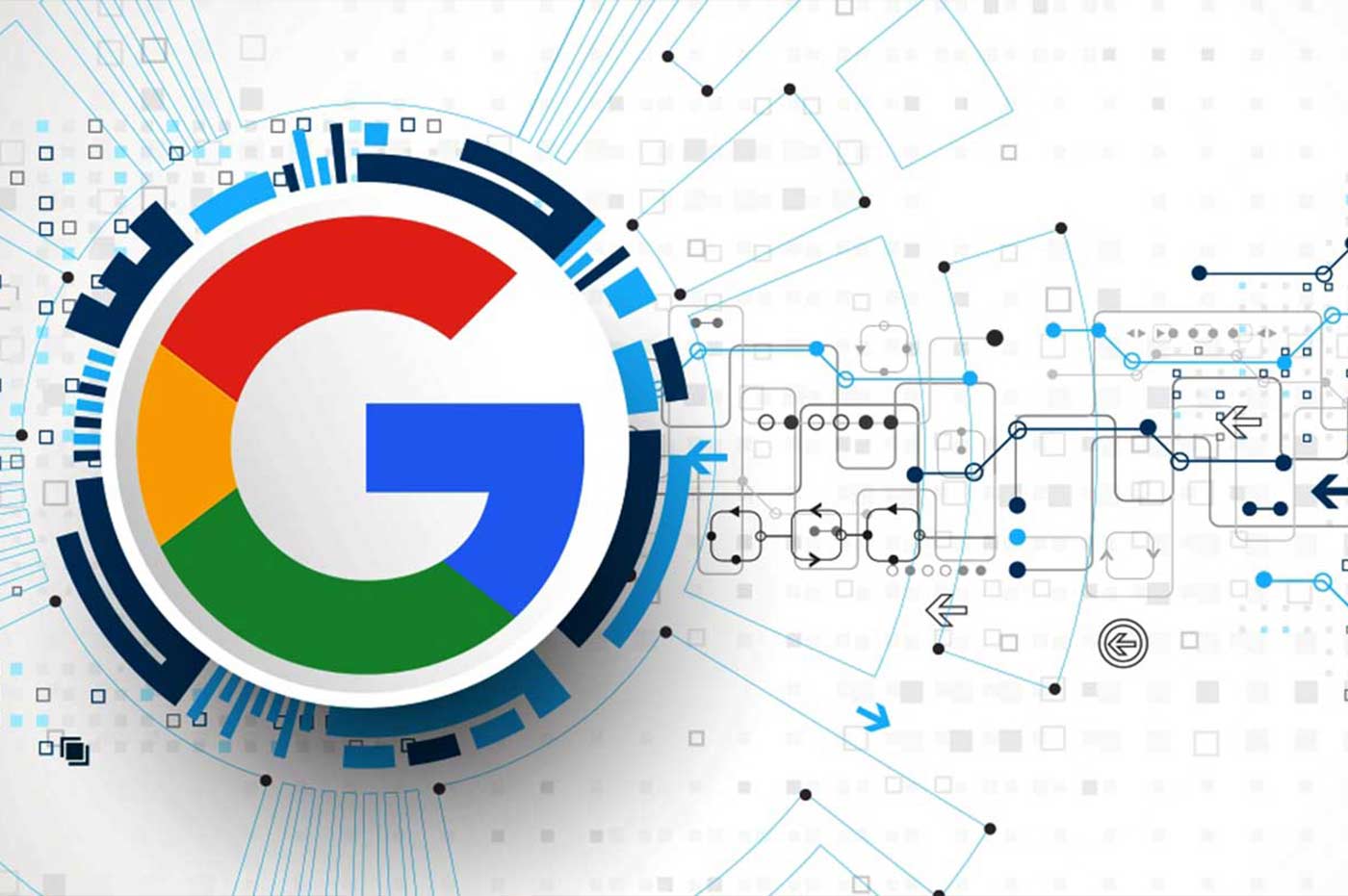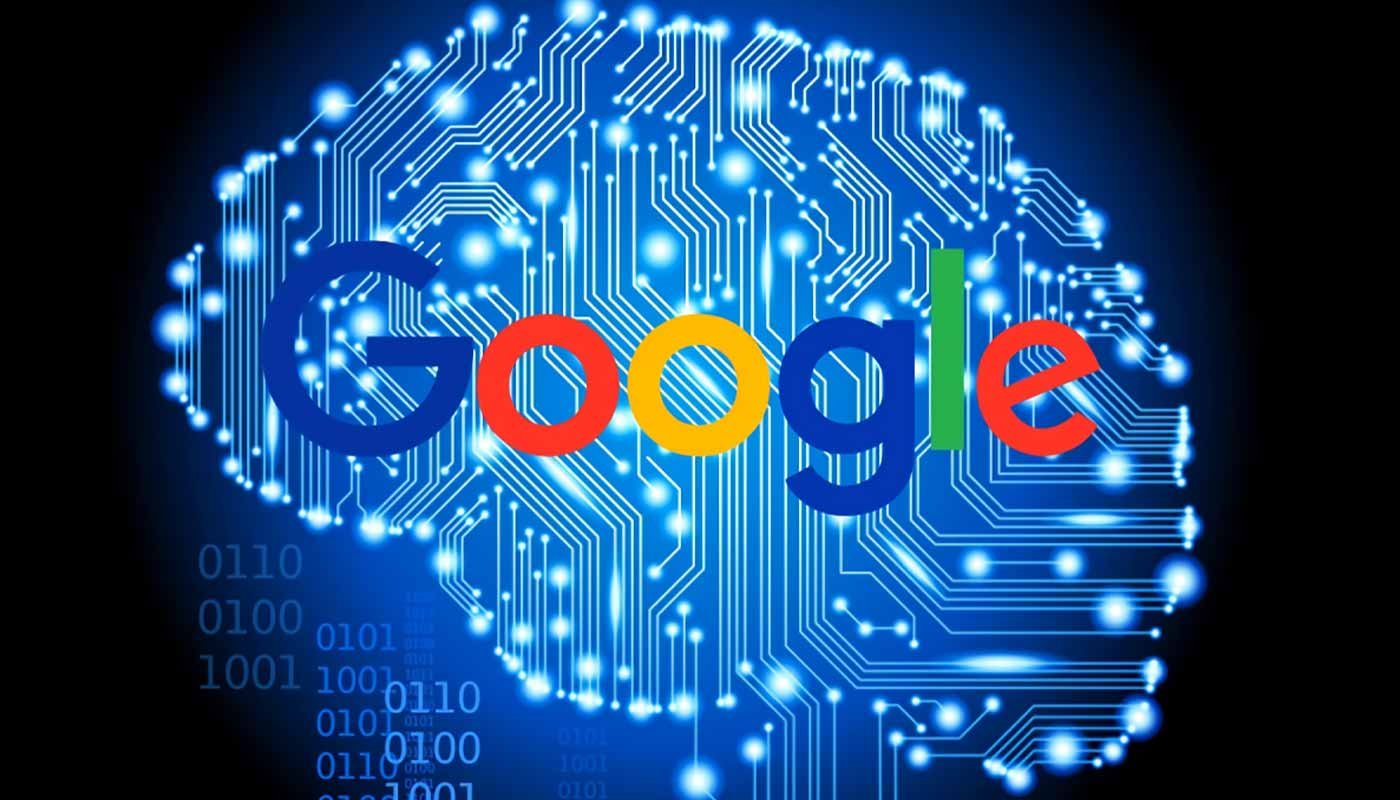How Google Treats the AI Content – and if it Should Be Labeled?

rtificial intelligence (AI) for content production is currently in the spotlight. Many people find it appealing because it promises faster workflows and lower costs. Some, however, fear that it will come at the expense of quality, empathy, and even search rankings.
Table of Contents
ToggleThat begs the issue, “Should we label AI-generated content?”. This was the question posed by marketers and search engine optimization (SEO) experts at a recent Tokyo SEO conference.
According to Gary Illyes, Search Analyst at Google, “it is not necessary,” but if you believe releasing such information would benefit your consumers, you can do so.
While this appears to be a poor answer, it is part of Google’s long-term strategy on the issue. We’ve also recently discussed how Google doesn’t care how you create your content. Instead, they rate them all based on its quality parameters known as E-E-A-T: Experience, Expertise, Authority, and Trustworthiness. So, is this good news for artificial intelligence in content marketing? Let’s talk about it.
This blog includes
Google's stand on AI Content Creation
First, review Google’s official remarks on AI-generated content.
Danny Sullivan, Google Search Liaison, tweeted in November 2022:
We have not stated that AI stuff is harmful. We've stated unequivocally that the problem is information generated primarily for search engines rather than humans. That's what we're concentrating on.

He also stated that you should not place too much emphasis on AI content production technologies. Instead, you should put more effort into creating content that is useful, trustworthy, and centered on people.
On February 8, 2023, they published an updated help document:
At Google, we've long believed in the power of AI to transform the ability to deliver helpful information.
This is followed by a review of their ranking and helpful content algorithms. These solutions depend on the content’s quality rather than how it was created.
On May 19, 2023, they issued a whitepaper titled “AI Policy Agenda for Responsible Progress in Artificial Intelligence,” which was titled “AI Policy Agenda for Responsible Progress in Artificial Intelligence.”
AI also promises to help increase productivity despite growing demographic challenges.
Their whitepaper presented policy suggestions for how to use AI technology in order to increase quality, safety, and dependability. However, it did not specify how AI-generated material will be punished in search rankings.
Gary Illyes’ remark on AI-generated content tagging, June 16, 2023:
We don't call it AI-generated content. Again, the question is not whether the AI wrote it, but if it is of good quality.
E-E-A-T Guidelines in the Present
Have you noticed a pattern? As you can see, Google isn’t out to eliminate AI-generated material from its search engine results pages (SERPs). In fact, they are continuously pushing everyone to utilize AI ethically to improve content quality.
You can also check with Google’s search rater guidelines so you know how they assess your content, including the E-E-A-T framework:
Experience
| Expertise
| Authoritativeness
| Trustworthiness
|
Present your own and first-hand knowledge of your issue. Reviews of restaurants, hotels, goods, and other reviewable objects gain greatly by experience. | Google examines publicly accessible information on the author. Is their knowledge relevant to what they’re writing about? If you answered yes, you will almost certainly score higher than someone with no verifiable history or knowledge. | Are you a go-to expert on a certain subject? While there are no recognized “sources” on a subject, Google usually looks at your backlinks, citations, and other signals to determine your authority. | This is a combination of the other three variables. The amount of trust required varies according to the type of material you’re producing. If your material is about YMYL (Your Money Your Life), Google expects a greater level of reliability. |
According to Brandon George,
The most risk-free way to consistently rank high on Google and other search engines is to have humans who are experts in their field write content with a level of depth that is high-quality and checks all the boxes in terms of the E-E-A-T guidelines.
Finally, SEO content writers and content production services must consider one factor: content quality. Is it useful, relevant, and distinct? While AI content generating boosts your output, you must be careful not to seem robotic and to produce generic material that adds no value to your readers.
“A human is going to be able to hit those marks much more consistently than AI alone,” George went on to say.
Using AI alone is not something we would recommend, and Google has constantly discouraged that approach from an SEO perspective.
The Future of Google’s AI Content Policy
Content optimization for SEO is a continually evolving process, owing to Google’s ongoing fine-tuning of its algorithms. Because AI in content marketing is a major problem, Gary Illyes said that Google is working on an AI content policy internally.
- At the SEO conference, he was questioned, "What would Google do if an experience (which is important in E-E-A-T) is created by AI even though it is not actually experienced?"
- His response: "We're debating how to respond internally." When we have a policy that can be made public, we will make an announcement."
What is obvious from his comments is Google’s understanding of the accuracy and hallucinatory issues that AI content creators are prone to. While no other specifics were provided, it is evident that Google is serious about controlling AI-generated material in order to safeguard its users.
Google also made available for beta testing its Search Generative Experience and Bard, indicating that they envision AI content generating as a part of our future. Furthermore, Google is preparing to deploy AI responsibly. Indeed, Google included its Generative AI Prohibited Policy in its Privacy and Terms. Inside, Google outlined the constraints of employing their generative AI services.
In the future, we should see a similar strategy for AI content creation: how it is processed, what it should be used for, and how to utilize it ethically.
Expert Algorithm Strategies
That’s all Google has to say about AI content. What is your next move?
You’re definitely thinking about future-proofing your approach, whether you’re using SEO content writing services or doing it yourself.

1. Only create content for people.
Return to your origins and recall why you started making content in the first place.
It’s not for the sake of increasing sales or achieving a vanity statistic like first-page ranking. You want your content to be beneficial to your viewers, and so does Google.
So, how do you go about doing it?
Any good content marketing consultant will tell you that putting people first is the way to proceed. Simply said, people-first content prioritizes your readers over Google and bots.
So, even if you use AI in content marketing, avoid writing for machines. This entails creating using the eyes and hands of a human specialist rather than depending too heavily on a machine
You want high-quality content on your site that is relevant to your target audience and solves their pain points but also is SEO-optimized with keywords
George
An SEO Strategist Ken Romero adds, “It’s important to strike a balance by involving human expertise”. This guarantees that you incorporate the following three critical elements within your content:
- Quality: Well-written, clear, succinct, and to-the-point content.
- Creativity: Content that is unique and entertaining.
- Connectivity: Content that answers particular issues and satisfies the requirements of the audience.
Consider what your readers want, your unique value, and how you can help them if you’re doing an SEO content optimization campaign. This way, you’re not just churning out crawler-optimized fluff, which will only harm you in the long run.
2. Rely on Human Expertise at All Times
AI will never have the depth that people have in terms of responding to subtleties, integrating emotions, and, most importantly, evolving with the times.
To get the most of AI, it needs to be human-led and by someone with a deep understanding of content and its nuances
George
If there is a recent advancement in search algorithms, human-led SEO content creation services are more likely to succeed than those that depend largely on AI.
George points out that
AI recycles content by pulling from articles that have already been published
This implies you can’t create valuable data and case studies while sending E-E-A-T signals to Google
Similarly, AI does not identify industry trends and will only provide current information if you provide the appropriate cues and data. When employing AI in content marketing, you’ll still need a human specialist who understands what they’re doing.
SDon Gruspe, Demand Generation SEO Specialist
These are characteristics of humans that AI cannot imitate; they help produce better content that adheres to Google's standards and raises their exposure in the search results.
Using human expertise (which changes and adapts with the times) improves your content by making it more “refined, insightful, and credible, offering unique perspectives and establishing trust,” according to Gruspe.
3. Keep an eye out for the most recent SEO and content news.
“You must stay current on evolving AI policies because they are ever-changing. Who knows where this will end up in Google’s eyes,” George speculated.
Content optimization for SEO necessitates staying current on what’s fresh and relevant. Working with a content marketing consultant and subscribing to marketing publications such as:
- Search marketing publications such as Search Engine Journal and Search Engine Land
- SEO SaaS providers such as Ahrefs and SEMRush
- Content marketing consultant firms such as Groww Internet Marketing Agency
These publications are either service providers or SaaS firms made up of professionals or SEO content writers who deal with the most recent developments in SEO content optimization.
Following AI news can help you
Avoid penalties and adapt strategies to the changing digital landscape
Romero
4. Use AI-Generated Content Wisely
It is never a smart idea to cut resources and fire off employees in exchange for machine-based SEO content improvement. So, don’t go out there employing AI content production services to outnumber the competitors by sheer volume.
It would be highly irresponsible for a business to just produce AI content alone and use that on their website
George
He also cites AI weaknesses that may be filled by human skill and due diligence:
- Lack of empathy: AI technologies struggle to consistently write with empathy and meet the demands of a target audience.
- Factual mistakes and data limitations: Most models are currently trained on data only through 2021 and 2022. As a result, they are struggling with being up-to-date.
- Missing brand tones: Today's AI systems seem robotic and fail to consistently establish the proper tone for your material.
Illyes also mentioned that Google’s machine-learning algorithms are continually evolving and learning how to read and understand human-written information. So it’s not a stretch to believe that Google will ultimately catch up with you and penalize you for low content quality.
Instead, treat these tools as aids rather than substitutes. Consider the ethical consequences of your material as well:
- Are you misleading people?
- Do you reproduce prejudice and discrimination?
- Are you depending too much on AI and skimping on quality assurance?
Think analytically about your content generation process, and make sure that the answers to these questions are no.
With Groww, you can harness the power of artificial intelligence, human creativity, and expertise.
AI is unavoidable in our future. Many people will utilize it, but how will you distinguish yourself? The trick is to understand the value of your content and why you’re creating it.
Google’s planned AI content restriction isn’t the end of AI tools. We should view it as a chance to conduct an educated process of incorporating AI content production into our strategy. After all, tools are only useful if we know how to utilize them correctly.
Best practices, industry standards, and ethical considerations guide Groww Internet Marketing Agency’s content development services and digital marketing strategy. We don’t want you to employ AI tools just to save money. Through on-brand content, research-driven methods, and long-term SEO, we guarantee they are optimized for your success.
Connect with us and discover the possibilities with Groww!
- Share
